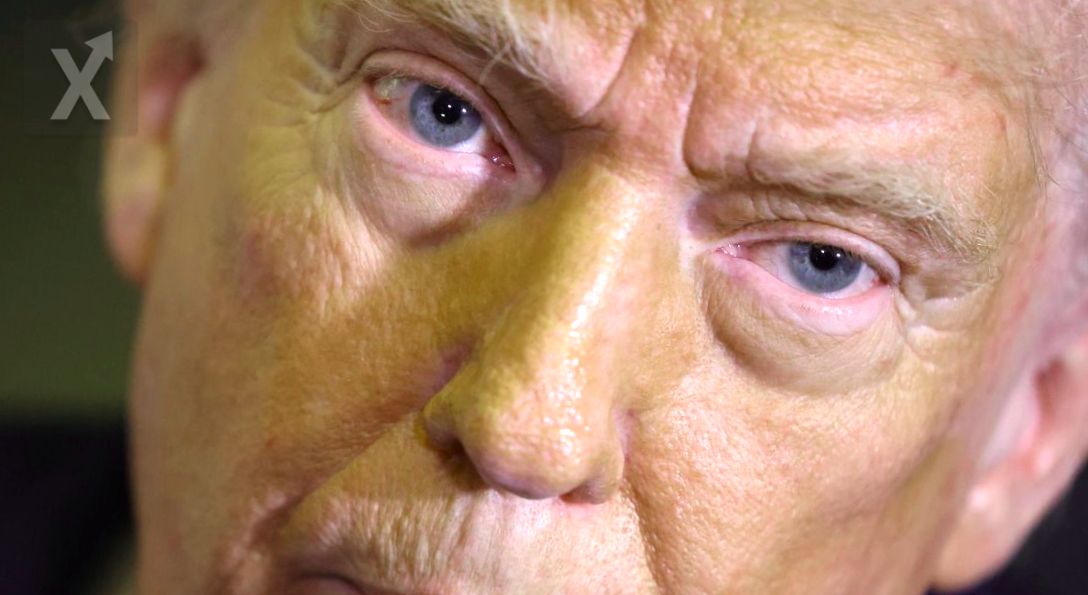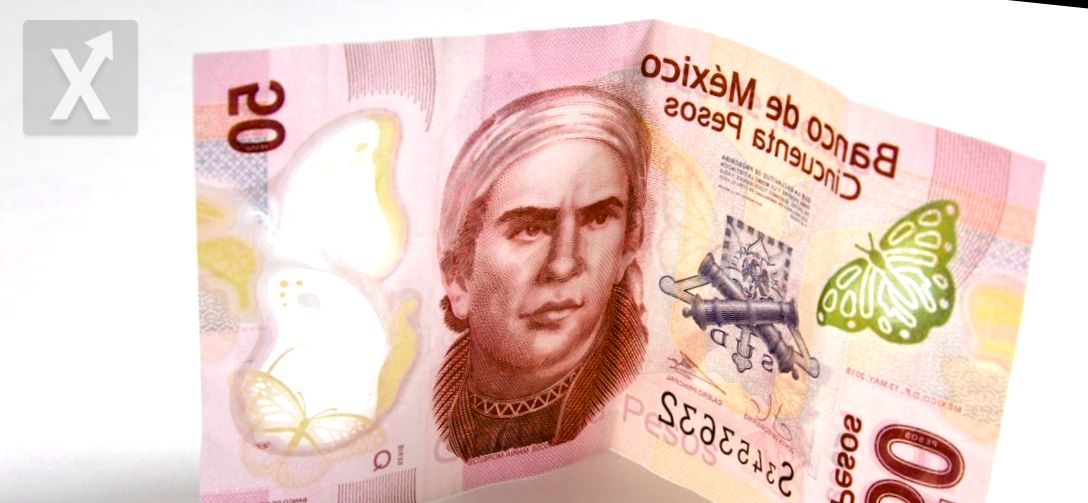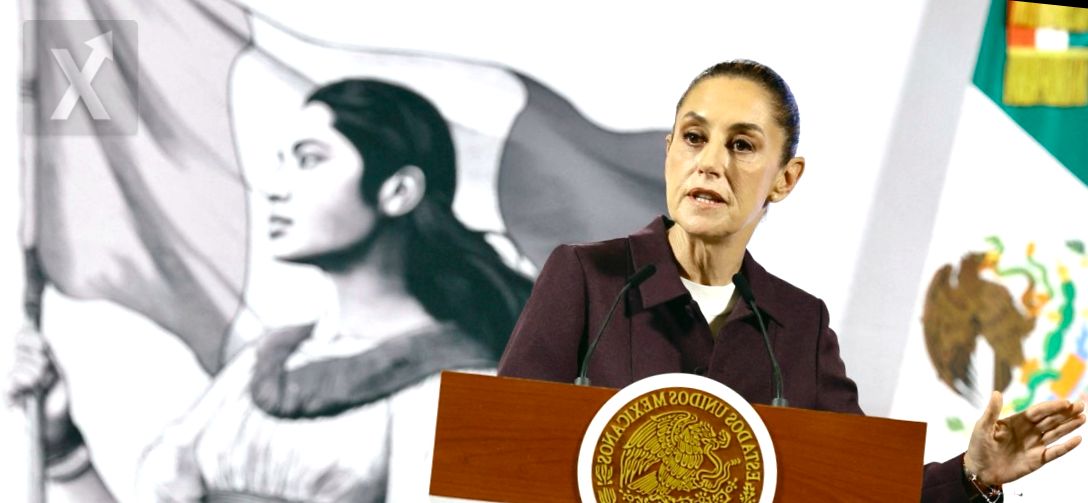Trump Announces Global Tariffs for All Countries

(ON BOARD AIR FORCE ONE) - U.S. President Donald Trump announced on Sunday that the reciprocal tariffs he will unveil this week will include all nations, and not just a limited group of 10 to 15 countries facing the most significant trade imbalances.
Trump has promised to roll out a comprehensive tariff plan this Wednesday, which he has labeled "Liberation Day." He has already imposed tariffs on aluminum, steel, and automobiles, and has increased tariffs on all products coming from China. "We would start with all countries," he told reporters while traveling on Air Force One. "Basically, it’s all the countries we’re considering." Kevin Hassett, the White House economic advisor, recently mentioned to Fox Business that the administration's tariffs would focus on a group of 10 to 15 countries with the worst trade imbalances, although specific names were not disclosed. Trump views tariffs as a mechanism to protect the U.S. economy from unfair global competition, as well as a tool to negotiate better terms for the United States. The president insists that he will impose a set of reciprocal tariffs against those countries that levy tariffs on U.S. exports, promising to match the tariffs they apply. In February, Trump signed a memorandum instructing U.S. trade representatives to review each country individually and compile a list of retaliatory measures. Last week, he suggested that he might moderate his reciprocity plans, possibly imposing lower tariffs in some cases than those that other countries apply to the U.S.
This protectionist approach could generate trade tensions and have repercussions for the global economy. It’s crucial for countries to carefully assess the implications of such measures, as tariffs not only affect imports but can also have unexpected consequences for consumers and local businesses. Market diversification and the pursuit of fair trade agreements should be part of a long-term strategy to avoid economic conflicts and promote stable growth.





